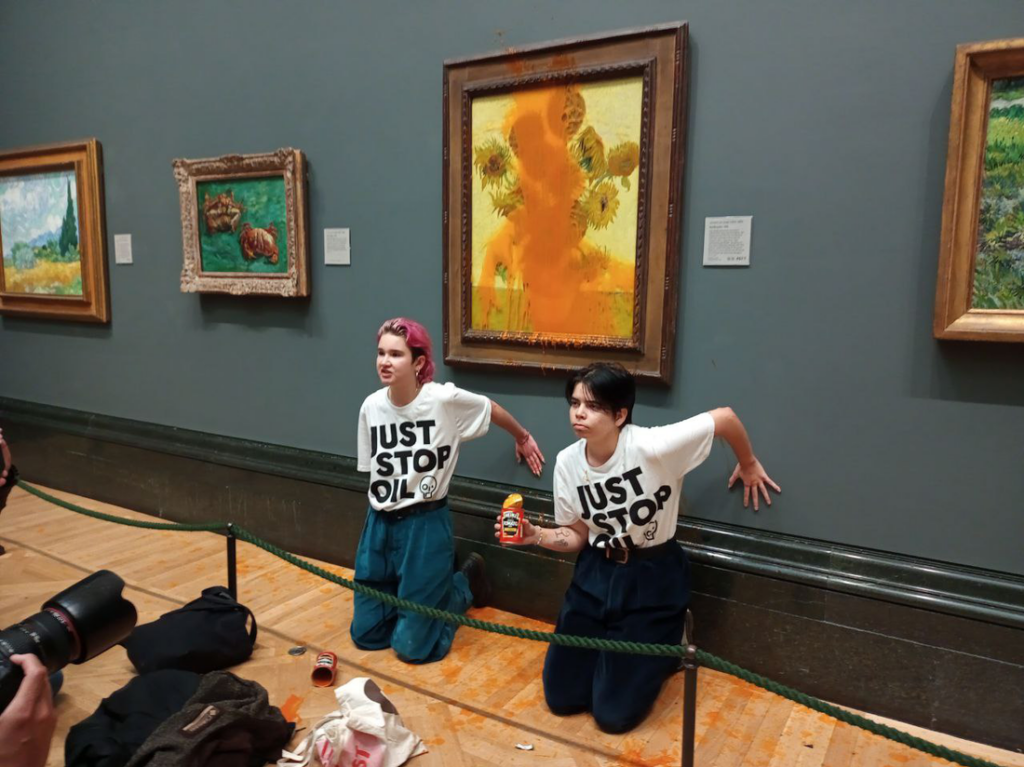Several scientists dropped their guard somewhere near the Antares Nebula and said if mankind decides the Earth is scruffy and low-rent, the Baltic Avenue of planets, there are some lovely “superhabitable” planets out there. Now you might not want an astrophysicist as your real estate agent since one of the criteria is “planets that are about 10 per cent larger than Earth, with the idea that they are likely to have more habitable land” as if 10 per cent were the margin between overpopulation and a big back yard with picket fence for all. (And with stronger gravity, presumably to make working out more efficient.) But here’s the unguarded bit. The ideal exosolar fixer-upper would be… warmer “with an ideal of about 5 degrees Celsius hotter than Earth thought to be the biggest improvement.” Hey Michael Mann, care to attend an Open Planet viewing?
The article might, with some justice, be described as silly. And not only because it’s not just the Earth but the sun that gets a makeover. They researchers are looking for “‘K dwarf stars’, which are not like our sun”, a flash-in-the-pan G star that “was almost half its age before any form of complex life arrived” meaning “many other similar planetary systems could die out before they are inhabited.” Yikes. Don’t buy there.
What you want, and I can see that you’re an intelligent and savvy buyer, is one of those highly desirable, good-school and convenient to shopping and cultural amenities “K dwarf stars” that are “cooler, smaller and brighter than our sun. They also stay around for much longer – up to 70 billion years – meaning that the planets around them would have much more time to develop advanced life, too.” Though whether the point is that we’d find it stimulating to have Vulcans or Sorns or even Xenomorphs, Yautja or Vogons as neighbours instead of boring horses, chimpanzees and trout, or that mankind could then last billions of years in the hope of discovering meaning and purpose that have thus far eluded us, is a point on which we will defer to Edward Rolles Weston.
If you’re wondering whether we stumbled across some justly forgotten sci-fi manuscript, possibly from Douglas Adams, no we did not. It’s a real study by a team led by “Dirk Schulze-Makuch, a professor at Washington State University and the Technical University in Berlin” and who is such an extra-serious person that he won the Friedrich-Wilhelm Bessel Award and owns a patent for “Removal of Biological Pathogens Using Surfactant Modified Zeolite”.
Still, we’re not there yet. If you call up Magrathean Real Estate Inc. you will be disappointed to learn that “None of the 24 planets described in the study have all of the criteria, despite the vast number to choose from” without even mentioning the meringue layer. But cheer up because one of those 24 planets “has four of those criteria, meaning that it would theoretically be much more accommodating to life and more likely to be inhabited.” Which is good to know because apparently if this planet gets warmer and wetter it will become a wasteland and we’ll have to flee in Cole Hendron’s space ark, or the Golgafringam’s “B Ark”, to a planet that is more suitable for life because it’s, well, warmer and wetter.
So forget the idea that if you can’t be happy with what you have, you won’t be happy with what you get. Or that human life would be worth living if only our planet, our star, ourselves and everything else were quite different. Or even that by the time we managed to tear across 100 million light years of the empty wastes of space, those stars’ 70 billion years might be up, and ours almost certainly would be even if we packed lots of vitamins.
The point is that when scientists took their eye off the climate change ball they said, and their otherwise impeccably alarmist academic host repeated, that the ideal planet would be considerably warmer than Earth.



Enjoyed that. It got me thinking.
I thought the cry was " there is no PLANet B" (so care for the one you have, with all its flaws)
Just like a beaver, on finding a nice slow-moving river (something has to sweep your ordure downstream, for somebody else to clean up) and starts diligently to build a dam, to make the environment more suitable for Beaverkind, while gnawing down trees to do so, changing the environment to suit itself. And fish, Which it then eats. No disinterested action there, then...